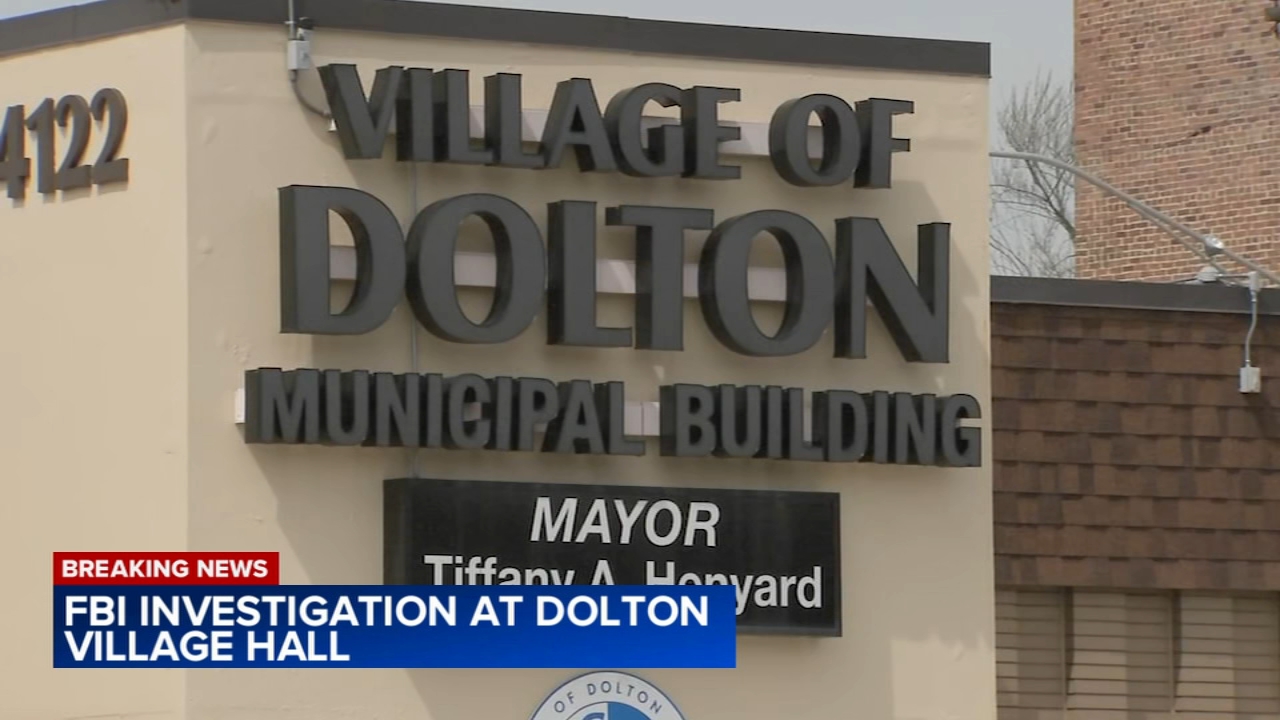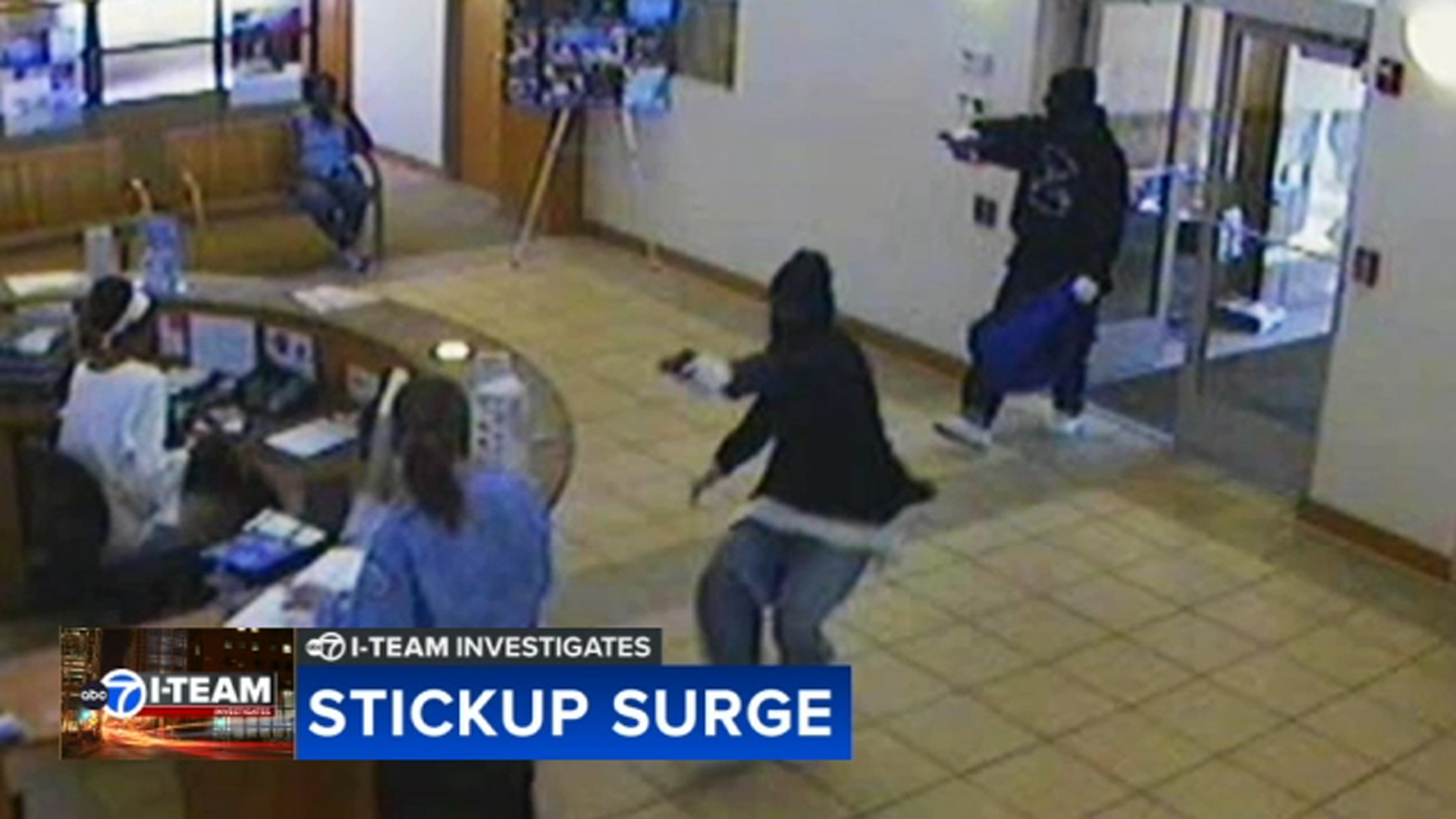Reimposed COVID-19 restrictions take effect in Chicago as IL reports 1,426 new cases, 12 additional deaths
Illinois health officials reported 1,426 new cases, 12 additional deaths Saturday

CHICAGO (WLS) -- Illinois has reported 1,426 new COVID-19 cases, with 12 additional deaths Saturday, including a woman over 100-years-old.
Friday, the state reported more than 1,500 new COVID-19 cases for a third consecutive day, following more than 1,600 on Thursday, which was the highest daily case total in Illinois this month.
The state's seven-day statewide positivity rate has reached 3.6%, after rising for several days.
The Illinois Department of Public Health announced Saturday that the state's total confirmed COVID-19 cases have reached 169,883, including 7,397 deaths in 102 counties.
RELATED: 'Shut it down now:' U.S. health experts call for 2nd coronavirus shutdown
The deaths include:
Tighter COVID-19 restrictions took effect in Chicago this weekend as the city continues to try and slow the spread of coronavirus infections.
Health officials say the latest concern is the spread of cases among young residents, especially in high-risk environments like bars.

The Chicago Cubs started off the season with a win Friday night against the Milwaukee Brewers and will play again Saturday, however, don't expect any massive crowds around Wrigley Field because no fans are allowed in the ballparks and there will be fewer people in neighborhood bars as well.
RELATED: Chicago White Sox, Cubs begin 2020 season Friday with 60 game schedule

The same deal is playing out on the South Side at Guaranteed Rate Field as the White Sox host the Minnesota Twins again Saturday afternoon.
Under the newly re-tightened COVID-19 restrictions, bars that don't serve food can only serve people outside, while restaurants can continue with modified indoor service. Part of the change also includes both types of establishments capping groups at six people instead of 10.
With a lot less energy in the air, the streets around both of Chicago's ballparks looked different this year for Opening Day.
Despite the loss in crowds, some business owners say they're still hoping for a baseball bump this summer as fans seek ways to turn out for America's pastime.

The uptick in virus infections has also pushed officials to reimposed other restrictions across the city.
Indoor workout classes will now be capped at 10 people; and personal services that require taking off your face covering, like facials, are also now prohibited.
The city is also asking residential property managers to limit tenants' guests to five visitors in an attempt to limit large gatherings and stop the spread of the coronavirus.
Coronavirus testing: Where to get tested for COVID-19 in Illinois, Chicago area
Illinois health officials also reported Friday that four counties are considered to be at warning level for COVID-19. A county reaches a warning level when "two or more COVID-19 risk indicators that measure the amount of COVID-19 increase," IDPH said.
The counties that are reported at warning level are Adams, LaSalle, Peoria, and Randolph counties, and each saw outbreaks associated with businesses and risky behavior.
IDPH provided the following information about what led to the warning level labeling:
- Adams County: larger social events, health care exposure, travel to hotspots including those in neighboring Missouri and Iowa, places of worship, and youth sports.
- LaSalle County: large family and social gatherings, increase in cases among people younger than 29 years, younger people visiting bars and attending larger social events, and inconsistencies with masking requirements.
- Peoria County: increases in cases among people younger than 29 years, large gatherings including 4th of July parties, and people traveling to Florida, Iowa, Texas, and Wisconsin.
- Randolph County: congregate settings, numerous bars not complying with distancing and masking, a large party with more than 200 people, and among households.
For more information, visit IDPH's county metrics page.
Officials said 1,471 people in Illinois are hospitalized for COVID-19, with 325 patients in the ICU and 115 on ventilators, as of Friday.
COVID-19-related hospital admissions remain low at Loyola Medical Center remain low, but there's concern.
"I think this is an extremely crucial moment," said Dr. Kevin Smith, Chief Medical Officer. "The question that everybody is wondering is, okay, if we're seeing increases in these cases, are we expecting that we're going to see hospitalizations increase?"
The governor's office is continuing to closely monitor the situation, but at this point, no decisions about imposing new restrictions have been made.
On Thursday, residents in six central and southern Illinois counties filed lawsuits against state-ordered restrictions on social interaction prompted by the COVID-19 pandemic.
The actions taken in Bond, Clay, Clinton, Edgar, Richland, and Sangamon counties seek court orders declaring there is no public health emergency as defined by Gov. J.B. Pritzker's Public Health Department. Springfield, the state capital, is in Sangamon County.
Plaintiffs in each case seek injunctions against Pritzker's disaster declaration, which restricts public interaction to slow transmission of the virus.
Pritzker's general counsel said no one should question basic safeguards during a pandemic.
RELATED: Chicago COVID-19 restrictions on bars, restaurants, gyms take effect
A crackdown on bars and breweries begins in Chicago on Friday.
All bars and taverns can no longer serve customers indoors. For restaurants serving indoors, a party of six is the maximum permitted.
New restrictions are also taking effect for Chicago gyms, where indoor classes will be limited to 10 people.
There are also concerns about the spread of COVID-19 in Wisconsin, and its impact on Chicago and the rest of the state.
"I do hope that, as you know the data, that they can turn it around in Wisconsin and quickly, because I know Chicagoans like to go to Wisconsin and Wisconsin folk like to come to Chicago," said Dr. Allison Arwady, commissioner of the Chicago Department of Public Health.
On Wednesday, Governor JB Pritzker held a press conference and said Metro East region, which includes counties in southwestern Illinois, is seeing a rise in cases. Pritzker said the increase could result in the state needing to step in to take mitigating actions.
RELATED: Coronavirus Testing: What you can expect when you get tested for COVID-19
"I have spoken with local leaders and I have asked them to clamp down on the outbreaks where they are occurring so that the state won't have to step in," Pritzker said.
The increase is partly due to businesses and individual behavior, according to state health leaders.
"We are seeing an increase in new COVID-19 cases," said Illinois Department of Public Health Director Dr. Ngozi Ezike. "You have probably seen people crowding into bars, areas where people were not wearing masks, or maintaining 6 feet of distance between one another."
"You can go from 3% positivity to Arizona's 23% positivity in the blink of an eye," Pritzker said. "We've been there. Let's not let that happen again."
Wisconsin could also be the next state added to Chicago's travel quarantine order, with a decision on that expected next week. Wisconsin Governor Tony Evers said he is mulling a mandatory mask order, but is concerned about legal challenges. He is also worried about the impact of a possible travel ban.
"The message for us is if Chicago thinks our people should stay home, then we better put some damn masks on," he said.
The city, for its part, is still working on the logistics should a travel ban include Wisconsin.
"If the risk is high there, people, you know, would be subject to that quarantine unless they're traveling for essential purposes," Arwady said.
The Associated Press contributed to this report.




